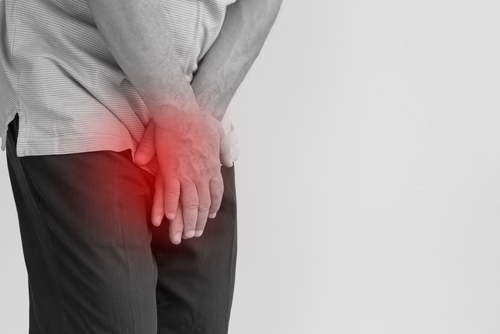The pivotal Phase 2 trial evaluating TULSA-PRO system, a minimally invasive procedure that ablates prostate cancer tissue, has enrolled 87 percent of all estimated participants, Profound Medical announced.
The TACT study has already tested the system in 96 men with localized, organ-confined prostate cancer. Arun Menawat, CEO of the Toronto-based company, said in a press release that it expects to complete enrollment in February, with the addition of 14 new patients.
TULSA-PRO offers men an alternative treatment option for the resection of localized and organ-confined prostate cancer tissue.
The system combines real-time magnetic resonance imaging (MRI) with robotically driven ultrasound thermal energy, delivered through the urethra. This kills prostate cancer cells with high precision using thermal energy. But a tight thermal feedback control also ensures that no critical surrounding tissues are harmed during the procedure.
Besides being non-invasive, treatment is also faster, with the single-session procedure lasting less than 40 minutes.
In a prior Phase 1 trial (NCT01686958) of 30 prostate cancer patients, TULSA-PRO was found to be safe and well tolerated, with minor impact on urinary, erectile and bowel function one year after treatment.
The findings, published September 2016 in European Urology, supported further evaluation of the procedure in a larger group of patients.
The TACT trial (NCT02766543) is being conducted in 14 leading U.S., Canadian and European clinical and research institutions. It includes 110 men, aged 45 to 80 years, with biopsy confirmed, localized prostate cancer that is confined to their prostate gland.
The study’s primary endpoint is to evaluate the treatment’s safety by determining the incidence of patient-reported adverse events within one year of follow-up. A secondary measure will determine the treatment’s efficacy by a 25 percent drop or higher in PSA levels after one year.
Additionally, researchers will measure the amount of prostate reduction and conduct a quality-of-life questionnaire to assess rates of urinary incontinence and erectile dysfunction.
For more information, please visit the trial’s registry webpage.

